7 Best Data Labeling And Annotation Service Provider For Automotive Industry
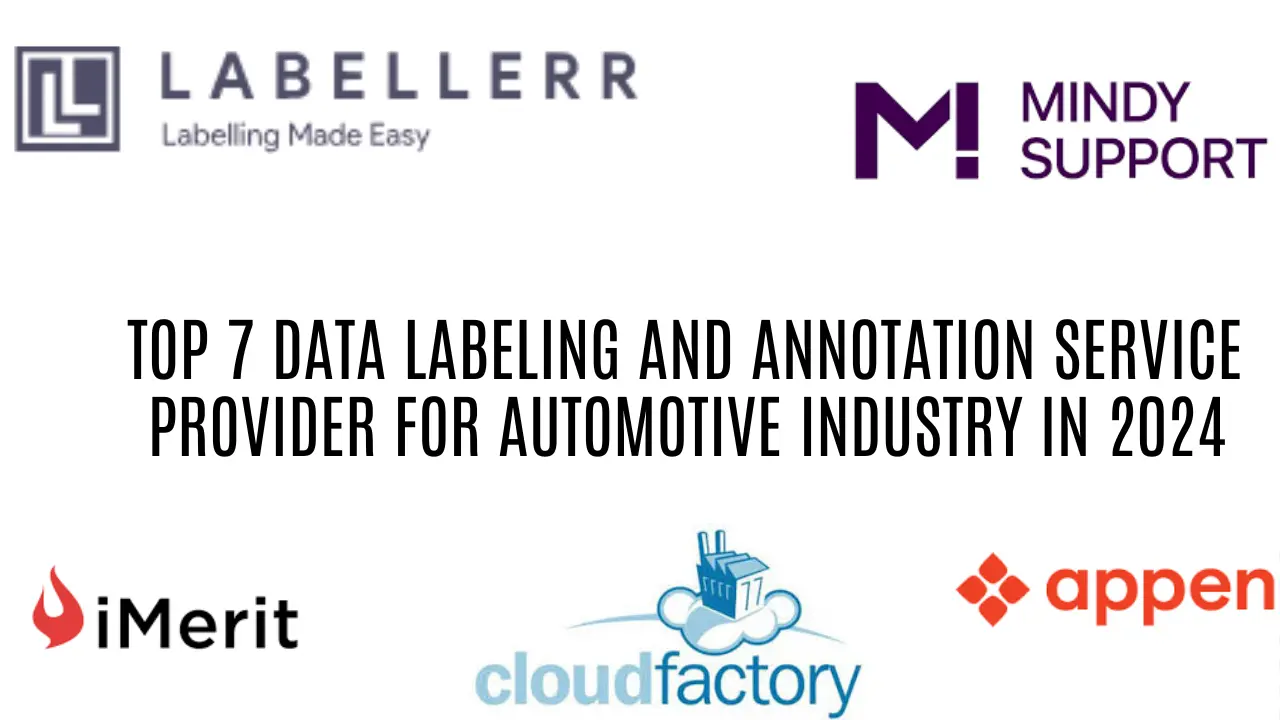
In the era of smart technology and automation, the automotive industry is undergoing a profound transformation driven by advancements in artificial intelligence (AI) and machine learning (ML).
At the heart of these innovations lies the crucial process of data labeling, which empowers AI models to accurately perceive and interpret the world around them. From enabling autonomous vehicles to enhancing driver assistance systems, data annotation is the foundational step that transforms raw data into actionable insights.
Data annotation involves the meticulous process of labeling various elements within datasets—such as images, videos, and sensor data—to make them understandable for AI algorithms.
In the automotive industry, data annotation encompasses a wide range of tasks, including the identification of pedestrians, vehicles, road signs, lane markings, and other relevant objects within the driving context.
This blog delves into the top data annotation and labeling service providers in the automotive sector, highlighting their unique offerings, technological capabilities, and contributions to the advancement of autonomous vehicle technologies.
Table of Contents
- Key Applications in the Automotive Industry
- Labellerr
- iMerit
- Mindy Support
- CloudFactory
- Appen
- Amazon Mechanical Turk
- Conclusion
- FAQs
Key Applications in the Automotive Industry
1. Car Damage Detection
Car damage detection systems leverage AI and ML to identify and assess damage to vehicles. This technology is crucial for insurance claims processing, repair estimation, and post-accident assessments, enhancing accuracy and efficiency in evaluating vehicle conditions.
Automated Damage Assessment: Quickly and accurately identifies dents, scratches, and other forms of damage using computer vision.
Insurance Claims Processing: Facilitates faster and more precise evaluation of damage claims, reducing the need for manual inspections.
Repair Cost Estimation: Provides reliable estimates for repair costs, aiding both service providers and customers in decision-making.
2. Lane Tracking
Lane tracking systems use advanced image processing and sensor data to monitor and maintain a vehicle’s position within its lane. This application is essential for enhancing road safety and supporting autonomous driving capabilities.
Lane Departure Warning: Alerts drivers when the vehicle unintentionally drifts out of its lane, preventing potential accidents.
Lane Keeping Assistance: Actively steers the vehicle to stay within lane boundaries, ensuring continuous safe driving.
Autonomous Navigation: Enables self-driving cars to accurately follow road lanes, essential for autonomous driving technology.
3. Object Detection and Recognition
Object detection and recognition systems identify and classify various objects around the vehicle, such as pedestrians, other vehicles, traffic signs, and obstacles. This application is fundamental for the safety and efficiency of autonomous driving systems.
Pedestrian Detection: Identifies and tracks pedestrians to prevent collisions and ensure pedestrian safety.
Traffic Sign Recognition: Detects and interprets traffic signs to provide real-time information to the driver or the autonomous system.
Obstacle Avoidance: Recognizes and responds to obstacles on the road, facilitating safe navigation.
4. Driver Monitoring Systems (DMS)
Driver monitoring systems use cameras and sensors to observe the driver's behavior and state, ensuring that they remain alert and focused while driving. This application enhances driver safety and can prevent accidents caused by driver fatigue or distraction.
Fatigue Detection: Identifies signs of driver fatigue, such as drooping eyelids or yawning, and issues alerts to take a break.
Distraction Monitoring: Monitors the driver’s attention and alerts them if they are not paying attention to the road.
Biometric Identification: Uses facial recognition to authenticate the driver and adjust vehicle settings accordingly.
5. Surround View Systems
Surround-view systems provide a 360-degree view of the vehicle, enhancing the driver’s situational awareness during parking and low-speed maneuvers. This application is vital for preventing collisions and improving maneuverability in tight spaces.
Parking Assistance: Offers a bird’s-eye view of the vehicle’s surroundings, aiding in precise parking.
Blind Spot Detection: Identifies objects in the vehicle’s blind spots, alerting the driver to potential hazards.
Enhanced Maneuvering: Facilitates safe navigation in crowded or narrow spaces by providing comprehensive visual information.
Top Data Labeling and Data Annotation Tools for the Automotive Industry
1) Labellerr

Labellerr stands out as a powerful tool for data labeling and annotation tasks in the automotive industry. Here's a breakdown of its key features, user reviews, and pricing:
Pros:
Feature-rich Segmentation: Perform faster segmentation with pixel perfection. Drag polygon and auto-bordering features prevent overlapping adjacent objects.
Auto-labeling: Accelerate use cases with semantic segmentation using features like SAM and active learning.
Professional Annotation Team: Handle large data volumes with fast turnaround times.
Custom SLA: Starting from 24 hours for batch completion.
24/7 Tool Support: Available for the Enterprise Plan.
Robust QA Process: Set up QA processes that include agreement between annotators, comparison based on ground truth and IOU metrics, model-assisted QA, generative AI-powered QA, and sample visual quality assurance.
Dedicated Account Manager: Manage daily/weekly output efficiently.
Data Privacy and Security Compliance: Comply with HIPAA and GDPR regulations.
Multi-tier Pricing: options based on quality measurement. The default QC process includes 1 round of annotation and 1 round of QC, customizable to match the expected output, timeline, and budget.
Cons:
Limited Format Support: This does not currently support point cloud and 3D data formats.
Pricing:
Pro Plan: Starts at $499 per month for 10-user access with 50,000 data credits included. Additional data credits can be purchased at $0.01 USD per data credit, and extra users can be subscribed to at $29 USD per user.
Enterprise Plan: Offers professional services, including tool customization and ML consultancy apart from custom data, workspace, and other limitations.
2) iMerit
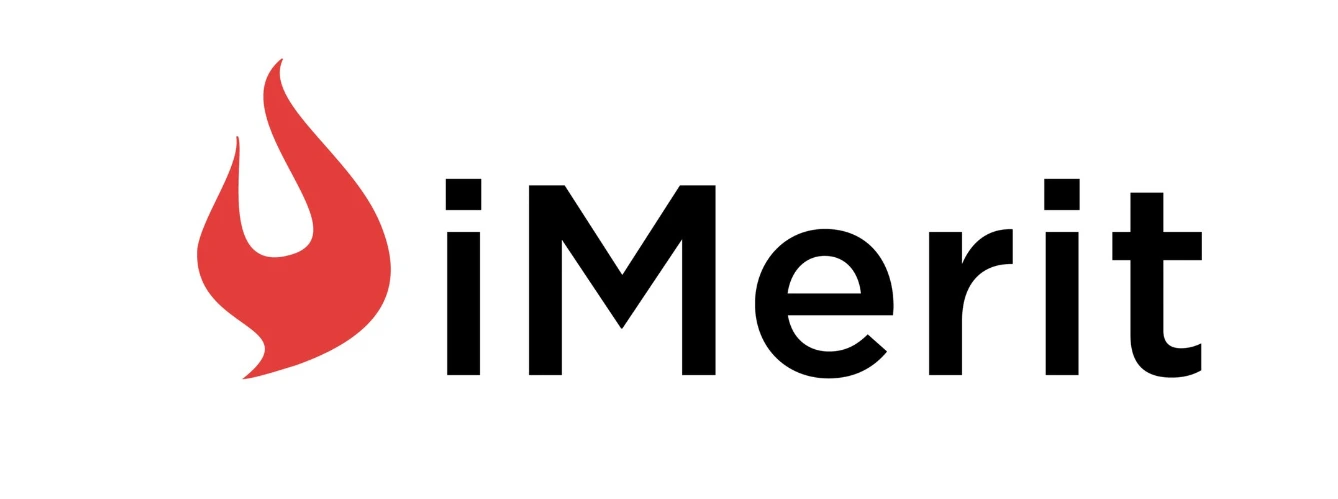
iMerit is a leading data annotation and labeling service provider renowned for its expertise in delivering high-quality, scalable solutions for the automotive industry. Leveraging a skilled workforce and advanced annotation tools, iMerit supports the development of robust AI models for autonomous vehicles and driver assistance systems.
Key Features:
High Precision Annotation: Utilizes a team of trained annotators to ensure accuracy in identifying and labeling complex automotive scenarios.
Scalable Solutions: It is capable of handling large volumes of data, making it ideal for extensive AI training datasets.
Diverse Annotation Services: Offers a wide range of services including image, video, and 3D point cloud annotation to cater to various automotive needs.
Quality Assurance: Implements rigorous quality control processes to maintain the highest standards of data annotation.
3) Mindy Support
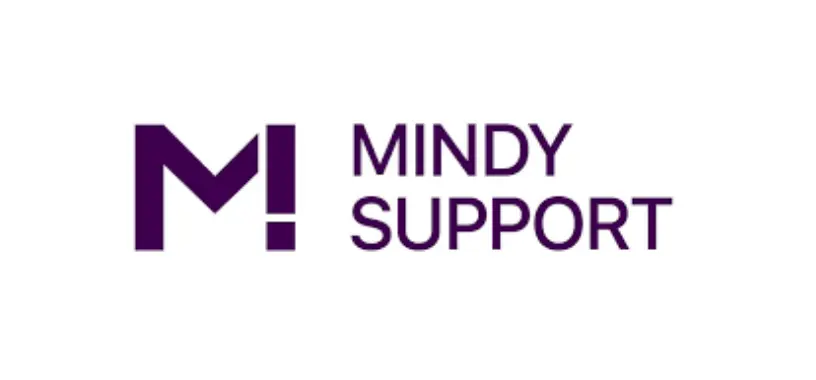
Mindy Support is a prominent provider of data annotation and labeling services, known for its cost-effective and efficient solutions tailored for the automotive sector. The company employs a large, dedicated workforce capable of delivering precise and reliable annotations for AI and ML applications in autonomous driving.
Key Features:
Cost-Effective Services: Provides high-quality annotation services at competitive prices, making it accessible for various projects.
Experienced Workforce: Employs a large team of skilled annotators with experience in handling complex automotive data.
Customizable Solutions: Offers flexible and customizable annotation services to meet specific client requirements.
Global Reach: Operates on a global scale, ensuring availability and scalability for diverse automotive projects.
4) CloudFactory
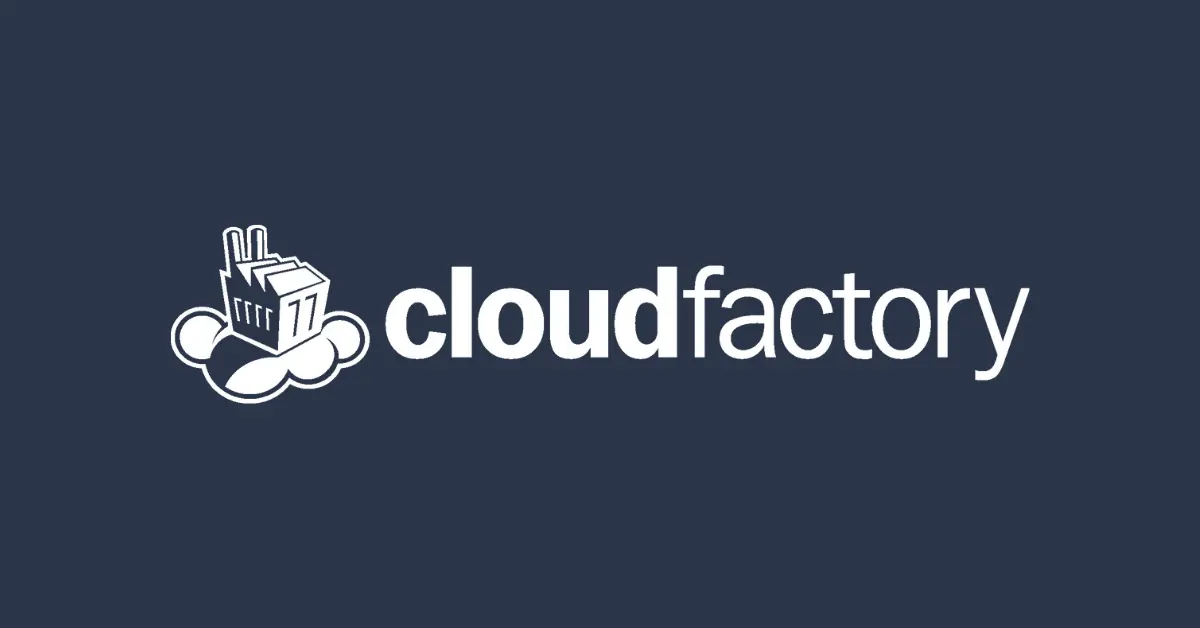
CloudFactory specializes in providing data annotation and labeling services with a focus on harnessing the power of a distributed workforce. Known for its scalable and efficient solutions, CloudFactory supports the automotive industry in building accurate and reliable AI models for autonomous vehicles and other advanced applications.
Key Features:
Distributed Workforce: Utilizes a global network of annotators to ensure scalability and timely delivery of projects.
Technology Integration: Integrates seamlessly with various annotation tools and platforms to enhance productivity and accuracy.
Quality Management: Employs robust quality control measures to ensure the highest standards of data labeling.
Flexible Engagement Models: Offers flexible engagement options, allowing clients to scale their annotation efforts according to project needs.
5) Appen
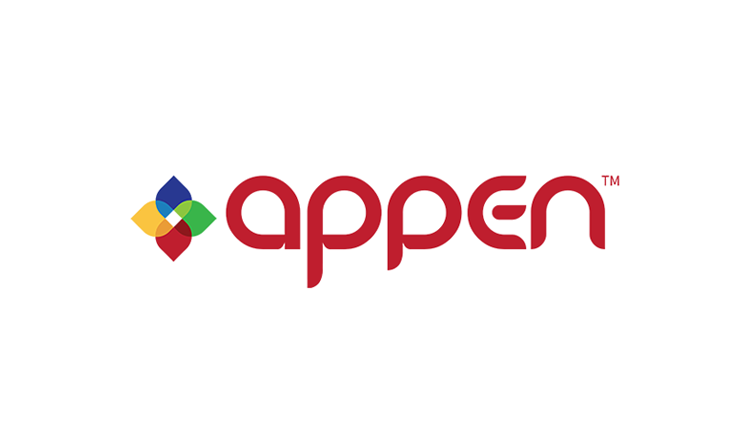
Appen is a globally recognized provider of data annotation and labeling services, catering to various industries, including the automotive sector. With a strong focus on quality and scalability, Appen helps develop AI models that enhance autonomous driving and driver assistance systems.
Key Features:
Comprehensive Service Range: Offers a wide array of annotation services including image, video, and sensor data labeling tailored for automotive needs.
High-Quality Standards: Implements rigorous quality assurance protocols to ensure precise and reliable data annotations.
Scalable Workforce: Leverages a large pool of skilled annotators to manage extensive datasets and meet tight deadlines.
Advanced Tools and Platforms: Utilizes cutting-edge annotation tools and platforms to improve efficiency and accuracy in the annotation process.
6) Amazon Mechanical Turk
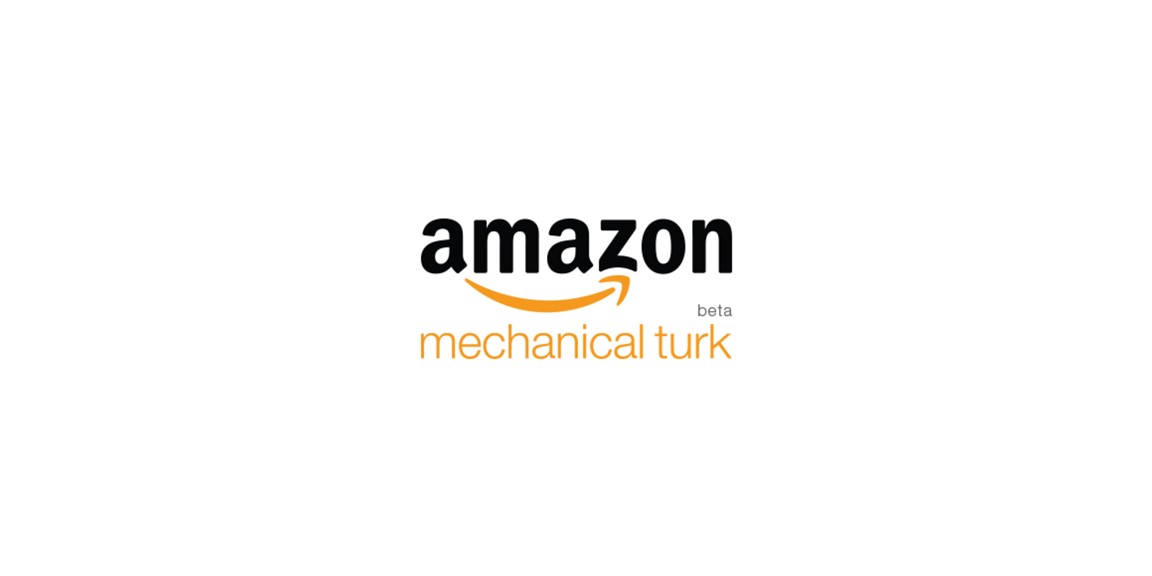
Amazon Mechanical Turk (MTurk) is a popular crowdsourcing platform that enables businesses to outsource data annotation and labeling tasks to a vast network of workers. MTurk provides a flexible and scalable solution for the automotive industry, facilitating the development of sophisticated AI models.
Key Features:
Vast Workforce: Access to a large and diverse pool of workers capable of handling a variety of annotation tasks.
Cost-Effective Solution: Offers competitive pricing, making it an economical option for large-scale data labeling projects.
Flexible Task Management: Allows clients to create, manage, and distribute annotation tasks easily, ensuring efficient project execution.
Quality Control Mechanisms: Provides tools and mechanisms for ensuring the quality and accuracy of the annotated data through validation and review processes.
Conclusion
Data annotation and labeling are pivotal to the advancement of AI and machine learning applications within the automotive industry. As autonomous vehicles and advanced driver assistance systems become increasingly sophisticated, the need for precise and high-quality annotated data grows ever more critical.
Partnering with specialized service providers ensures that automotive companies can access the expertise, tools, and scalable solutions necessary to develop robust and reliable AI models.
Companies like Labellerr, iMerit, Mindy Support, CloudFactory, Appen, and Amazon Mechanical Turk stand out in the industry for their unique capabilities and tailored services.
Selecting the right data annotation partner involves considering the specific needs of the project, the quality and reliability of services, and the scalability of solutions. By making informed decisions on these partnerships, stakeholders in the automotive industry can significantly accelerate their AI-driven initiatives, ultimately leading to safer, smarter, and more efficient transportation systems.
FAQs
1) What is data annotation and why is it important for the automotive industry?
Data annotation is the process of labeling data such as images, videos, and sensor outputs to make them understandable for AI and machine learning models. In the automotive industry, data annotation is crucial for training models used in autonomous vehicles and driver assistance systems, enabling these systems to recognize and respond accurately to various driving scenarios.
2) What types of data are typically annotated for automotive applications?
For automotive applications, common types of annotated data include:
Images: Annotating objects such as vehicles, pedestrians, traffic signs, and lane markings.
Videos: Labeling dynamic objects and scenarios in real-time driving environments.
Sensor Data: Labeling outputs from various sensors used in autonomous vehicles for comprehensive environmental perception.
3) How do data annotation service providers ensure quality and accuracy?
Service providers ensure quality and accuracy through several measures:
Trained Workforce: Employing skilled annotators with specific training in automotive data annotation.
Quality Assurance Protocols: Implementing rigorous quality control processes, including multiple rounds of review and validation.
Advanced Tools: Utilizing state-of-the-art annotation tools and platforms that enhance precision and efficiency.
Feedback Loops: Establishing continuous feedback mechanisms to address errors and improve accuracy.

Simplify Your Data Annotation Workflow With Proven Strategies
.png)


